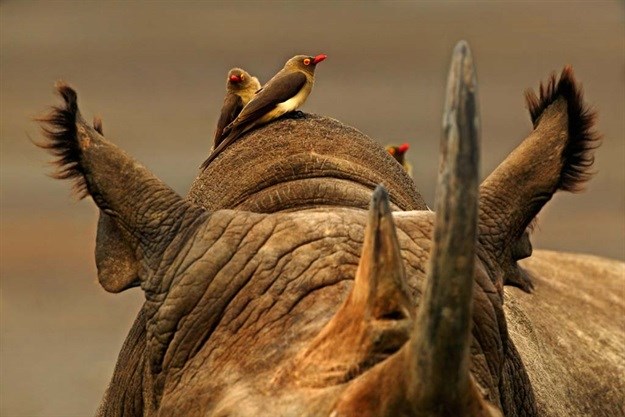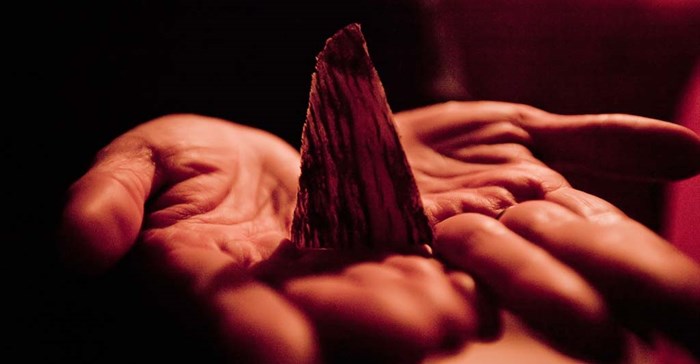"There is no single solution to the current threats to our rhino populations, which is why WWF works strategically to combat the issue on numerous fronts - key leverage points - which hold potential for tangible change. We believe community-based natural resource management can be one of these levers," says WWF SA CEO Dr Morné Du Plessis.

Community-based natural resource management (CBNRM) is a proven conservation tool for southern Africa, which links wildlife with improving livelihoods to allow both people and nature to benefit and reach shared goals. Over the last twenty years, WWF Namibia and partners have shown this to great effect through the successful "Living in a Finite Environment" (LIFE) project. LIFE provides assistance to comprehensive CBNRM programmes, through the development of sustainable management and governance institutions in community conservancies.
It is against this backdrop that WWF South Africa and partners have launched RISE, the Rural Initiative for a Sustainable Environment in South Africa. RISE is a practical community-based approach to supporting wildlife conservation and South Africa's rhinos. Funded by the WWF Nedbank Green Trust, RISE is based at the new CBNRM Economics and Governance Unit at the Southern African Wildlife College (SAWC) located within the Kruger National Park.
RISE works to empower rural communities and allows them to benefit from protected areas by developing management, governance and financial skills. In carefully selected project sites, the RISE team identify what benefits are available from protected areas and create committees in the surrounding communities. Following this, they also assist with management tools and skills including more practical outputs such as creating legal structures which allow income to be received by everyone. Assistance is also provided to ensure that natural resources are sustainably managed for long-term provision to access of benefits.
Over time, communities realise long-term sustainable benefits, while continuing to be custodians of rhinos for future generations. The critical skills required to undertake and train others in this work are scarce in South Africa at present, and RISE is also developing new CBNRM leaders who will be trained on the job.

Dr Jo Shaw, Rhino Programme Manager for WWF South Africa noted, "Historically throughout Africa, people and animals have been in competition for land and resources. Yet wildlife may offer the most profitable land use with great economic development potential when managed sustainably and when effective governance structures are in place." RISE is already being implemented in pilot sites in KwaZulu-Natal and Mozambique, both of which are close to key rhino populations. Mozambique is also a key transit country for the trafficking of horn.
Rodgers Lubilo, CBNRM Unit Manager at the Southern Africa Wildlife College, said, "I have seen how well CBNRM can work in Zambia and Namibia; by identifying the mutual benefits available from wildlife, promoting responsible land-use and giving communities ownership - including decision-making powers and equitable access to benefits - RISE can support both people and the environment in South Africa as well."
"Rhino poaching remains a serious challenge, but we believe that RISE will help to bring us closer to our intended goal of people living happy and healthy lives, in harmony with a flourishing natural environment," concluded Dr du Plessis.